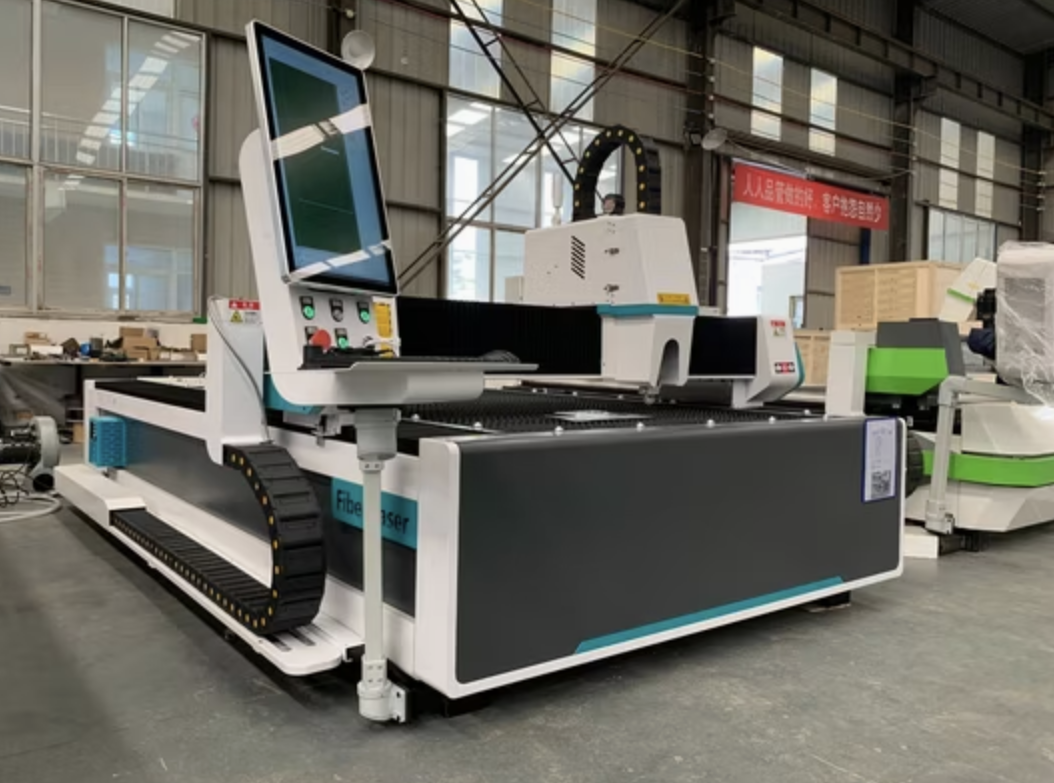
Posted on Wednesday, August 7, 2024
Metal fabrication is a cornerstone of South Africa's industrial landscape, driving sectors such as construction, automotive manufacturing, and renewable energy. If you're looking to invest in metal fabrication machines, whether new or used, this guide will help you navigate the process, offering practical tips for finding quality equipment locally and abroad.
Metal fabrication is the process of shaping, cutting, and assembling metal into structures or components for various industries. Common processes include welding, bending, punching, and machining. Metal fabrication machines are specialized tools designed to handle these tasks efficiently and precisely.
Metal fabrication machines are equipment used to transform raw materials like sheet metal, rods, and pipes into finished products. These machines include CNC machining centers, metal saws, welders, presses, grinders, folding machines, plasma cutters, and robotic welders.
Before purchasing a machine, identify:
South Africa has a thriving market for metal fabrication machines. Visit local dealerships, attend trade shows, or connect with local suppliers for hands-on inspection and demonstrations.
If the local market doesn't meet your requirements:
When buying used machines:
Regular maintenance ensures efficiency and longevity. Check the availability of spare parts and technical support for both local and imported machines.
Q: How do I choose between a new and used machine?
A: Consider your budget, production needs, and long-term goals. New machines provide advanced features but cost more, while used machines are budget-friendly but may require frequent maintenance.
Q: Are imported machines reliable for South Africa?
A: Yes, but ensure compatibility with local power standards and verify supplier reputation.
Q: What financing options are available?
A: Many local and international suppliers offer payment plans or leasing options. Check with banks or equipment financing companies for loans.
Q: What are the risks of buying used machines?
A: Used machines may have hidden defects or limited spare parts availability. Always conduct a thorough inspection and request maintenance records.
Q: What are the best machines for small-scale metal fabrication?
A: CNC routers, manual press brakes, and TIG welders are cost-effective options for small-scale operations.
Q: How do I ensure my machine complies with South African standards?
A: Consult with suppliers and verify specifications. Some machines may require modifications to meet local safety and power requirements.
Q: What are common applications for metal fabrication machines in South Africa?
A: Applications include construction (roofing, cladding), automotive manufacturing, agriculture (equipment parts), and renewable energy (solar panel frames).
Investing in metal fabrication machines, whether new or used, can significantly enhance your production capabilities. By following these tips and thoroughly evaluating your options locally and internationally, you can find the best equipment to meet your needs. With South Africa’s growing industrial market, the right metal fabrication machine will position your business for long-term success.

Used Purlin Roll Forming Machines for Sale Worldwide
Posted on Sunday, January 25, 2026
Pre-Owned Roll Forming Machines for Purlin & Structural Steel Profiles

Used Roof Panel Roll Forming Machines for Sale Worldwide
Posted on Sunday, January 25, 2026
Pre-Owned Roll Forming Machines for Roofing Panel Production

Used Roll Forming Machines for Sale Worldwide
Posted on Tuesday, January 20, 2026
Pre-Owned Roll Forming Machines with Inspection, Verification & Global Support

Steel Coil Supply for Roll Forming Machines Worldwide
Posted on Tuesday, January 20, 2026
Reliable Steel Coil Supply for Roll Forming, Fabrication & Manufacturing Applications
Copyright 2026 © Machine Matcher.